Top 8 Mistakes to Avoid to Get Better at Go
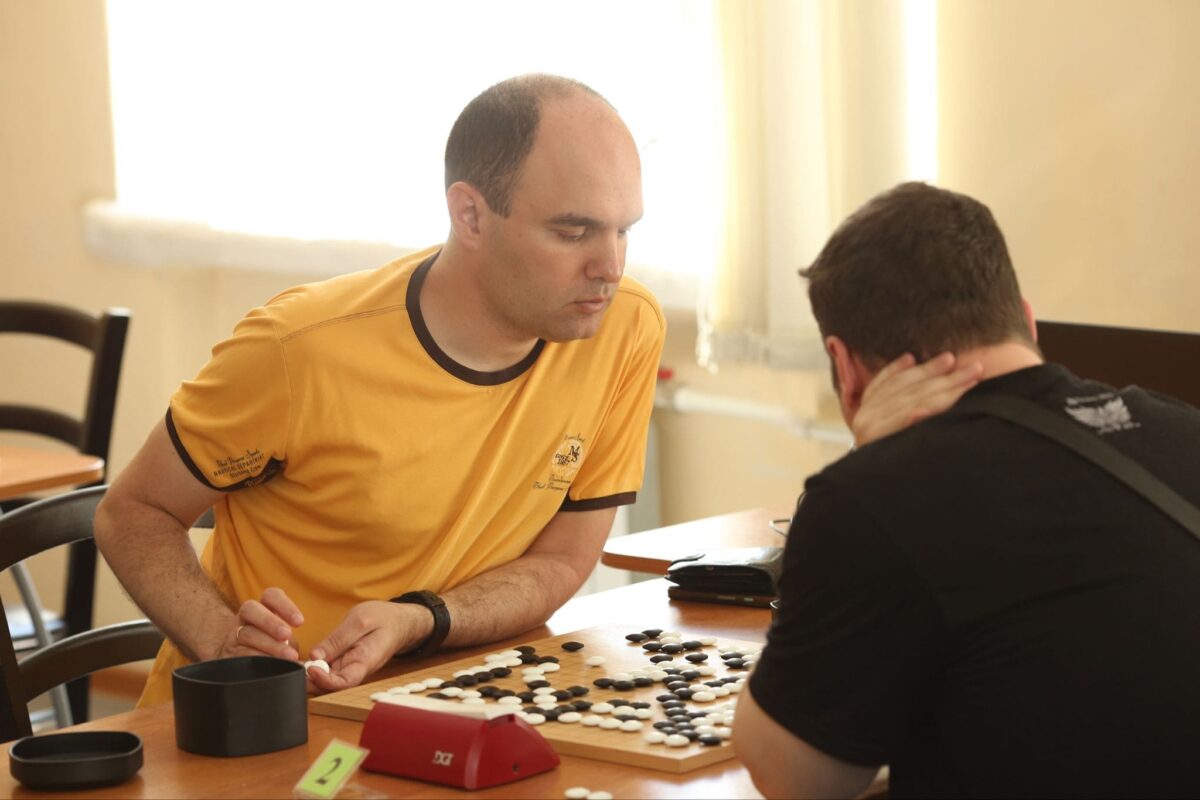

Go players often fall into common traps that hinder their improvement. In this article, Alexander Dinerstein highlights these frequent mistakes and offers practical strategies to overcome them.
Too Little Game Practice
Even top Go players in Europe face this issue. Compared to leading Asian players, they participate in at least three times fewer tournament games annually. While you can try to compensate by playing online, it’s hard to stay motivated and find opponents for long-time-control games. Reading books and solving problems can help, but consistent tournament participation is essential for real skill growth.
Playing Online Too Much
Go servers, which became popular in the late ’90s, contributed to the decline of many Go clubs in Asia. Why go to a club, sit in a room with cigarette smoke, and play with the same opponents over and over again, when you can easily play Go online from your home? It’s convenient and often hard to stop once you start. Many Go enthusiasts spend too much time playing online. On these servers, it’s common to find 10-kyu players who have played tens of thousands of games but haven’t improved significantly. Playing 30 blitz games a day won’t help you get stronger. It’s better to limit yourself to 2-3 games daily and thoroughly review each one before starting another.
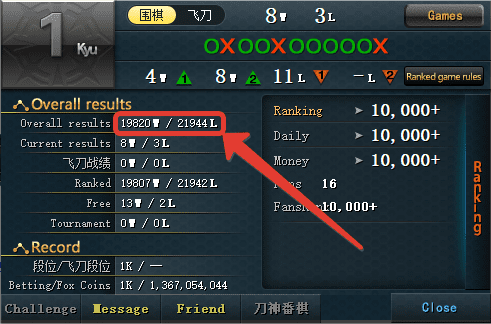
Solving Go Problems Way Above Your Skill Level
I’ve seen players attempt to solve Go problems far above their level, which leads to frustration and little benefit. It’s much more useful to focus on simpler problems in large quantities to improve your reading ability and position evaluation skills. Spend no more than 5 minutes per Go problem, and even reviewing the answers can be helpful. Try revisiting the problems later to better understand and remember the solution.
Here’s an example of a particularly difficult Go problem—some say that even Akira Toya would find it challenging
Using Inadequate Time Per Move
Games with only 10 seconds per move don’t do much for your progress. If you want to improve your play under time pressure in tournaments, it’s better to set a similar time control during practice. In most tournaments in Europe and Russia, players have around 30-60 seconds per move.
Playing Against Unsuitable Opponents
It’s best to play against opponents who are of equal strength or slightly stronger. Playing against weaker players can make you lazy, while playing against much stronger opponents can hurt your confidence. Also, don’t overdo it with handicap games.
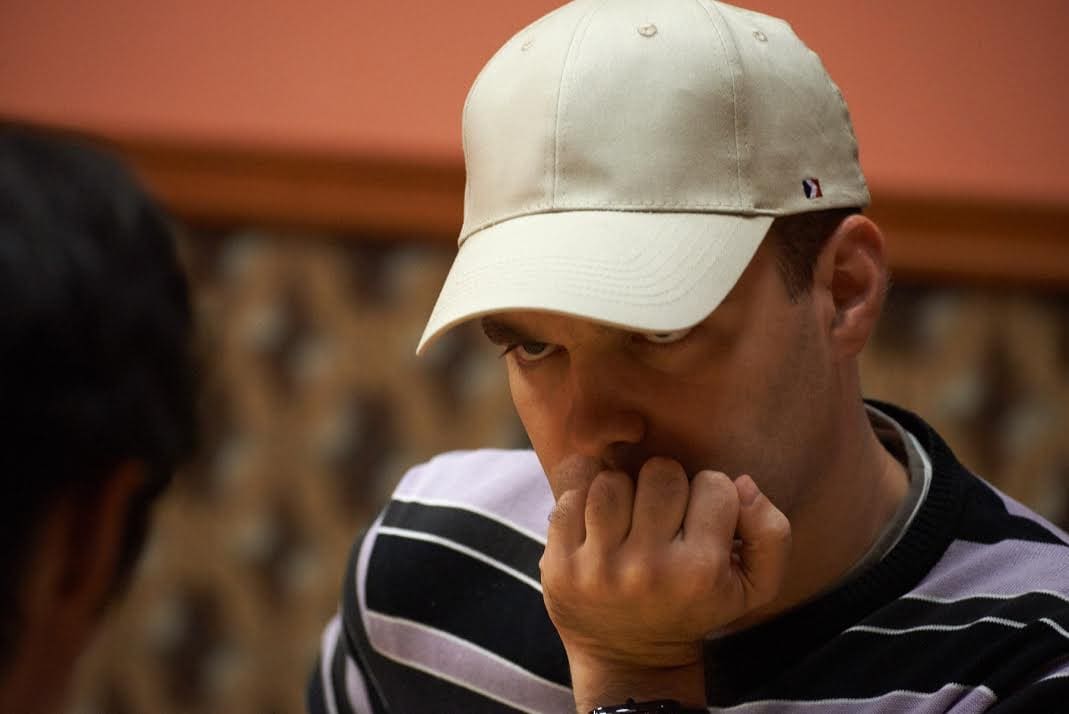
Focusing Too Much on Memorizing Joseki
It’s hard not to feel for those who dedicated themselves to memorizing tens of thousands of joseki, only to see many of them rendered obsolete by AlphaGo. If you want to study joseki, it’s better to use game databases rather than outdated books (like 38 Basic Joseki from the ’70s). The right approach is to learn a joseki, apply it in a game, and then analyze the result. Memorizing massive amounts of joseki only builds memory, which is helpful, but won’t necessarily improve your play.
Skipping Post-Game Reviews
Analyzing your games is one of the most valuable tools for improvement, especially when done with a teacher or a computer program. Make it a habit to review all of your games, even the ones you win. You’ll often find mistakes in those too.
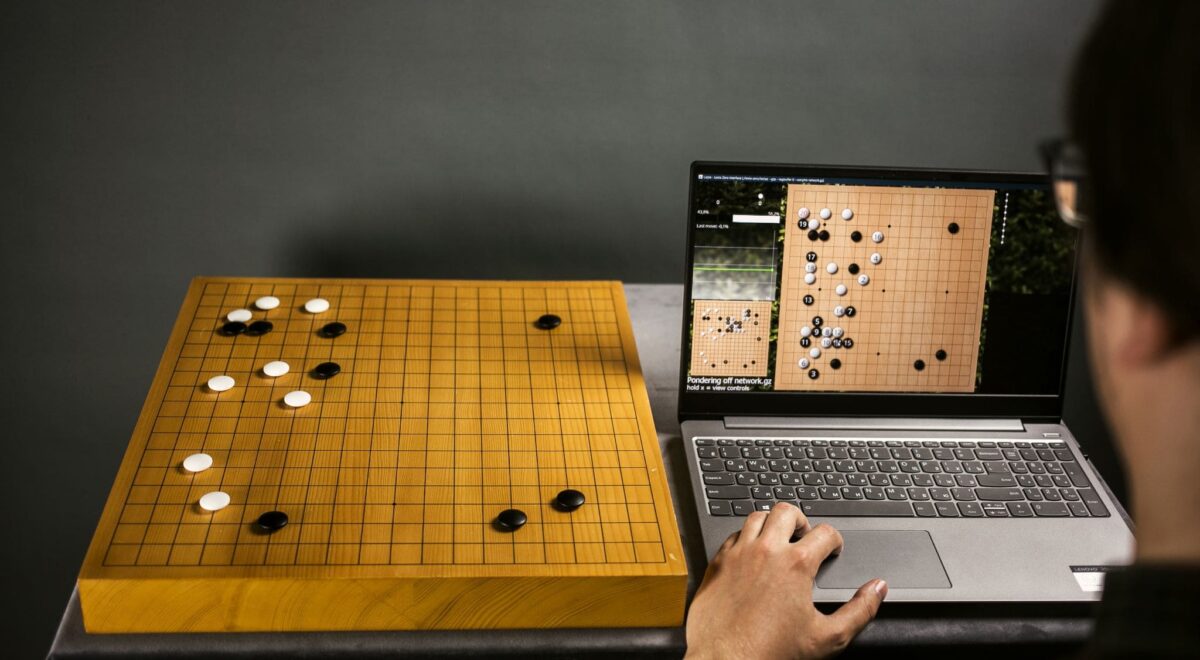
Not Studying Professional Games Selectively
When reviewing professional games, it’s better to focus on specific players rather than watching random games in chronological order. Websites like Go4Go or its Android app are great resources. Choose a few Go masters you admire, study their biographies and play styles, and analyze their games purposefully. During your own tournament games, take a brief pause and ask yourself: “What move would my favorite player, like Kato Masao, make here?” Then, reconsider the position from their perspective.
If you’re unfamiliar with professional players, you can explore Sensei’s Library page on Go styles to help guide your choice of role models, whether you lean toward an aggressive approach, prefer moyo players, or another style.
Improving at Go requires more than just playing games; it demands thoughtful analysis, appropriate challenges, and careful attention to your training habits. By focusing on quality over quantity, solving problems suited to your level, and reviewing both your own and professional games, you can make meaningful progress. Alexander Dinerstein’s advice serves as a practical guide to help you avoid common mistakes and stay on the path to victories.
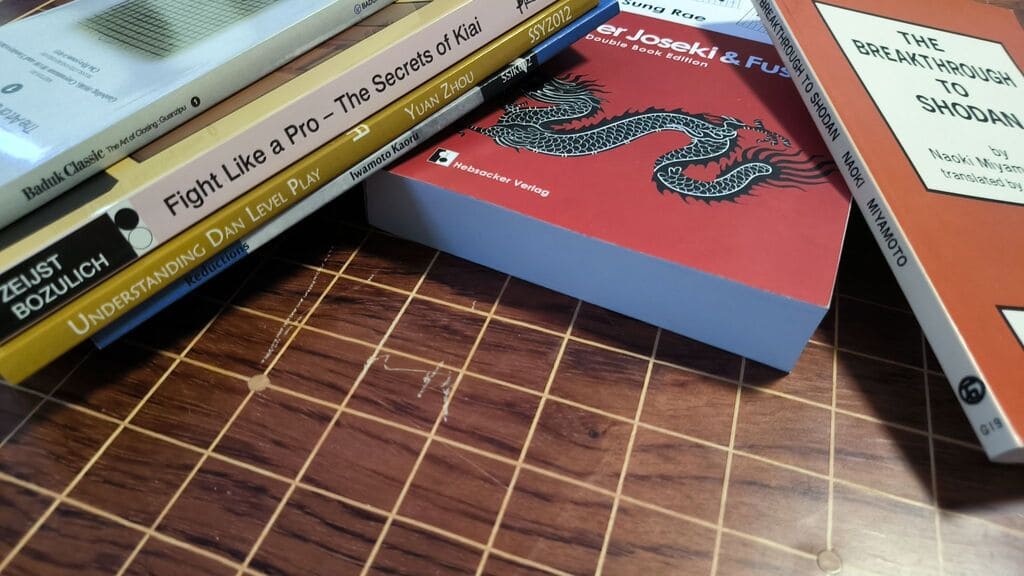
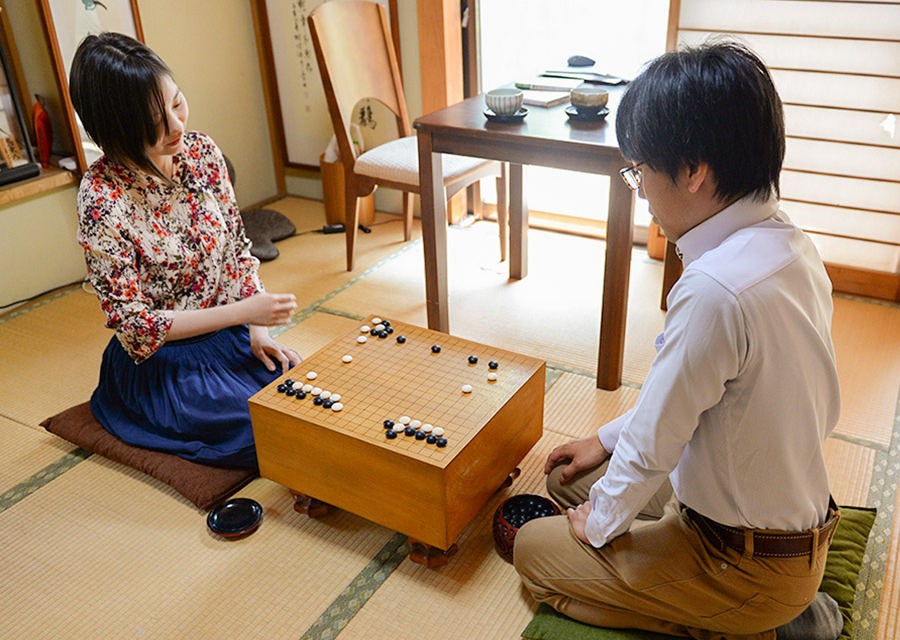
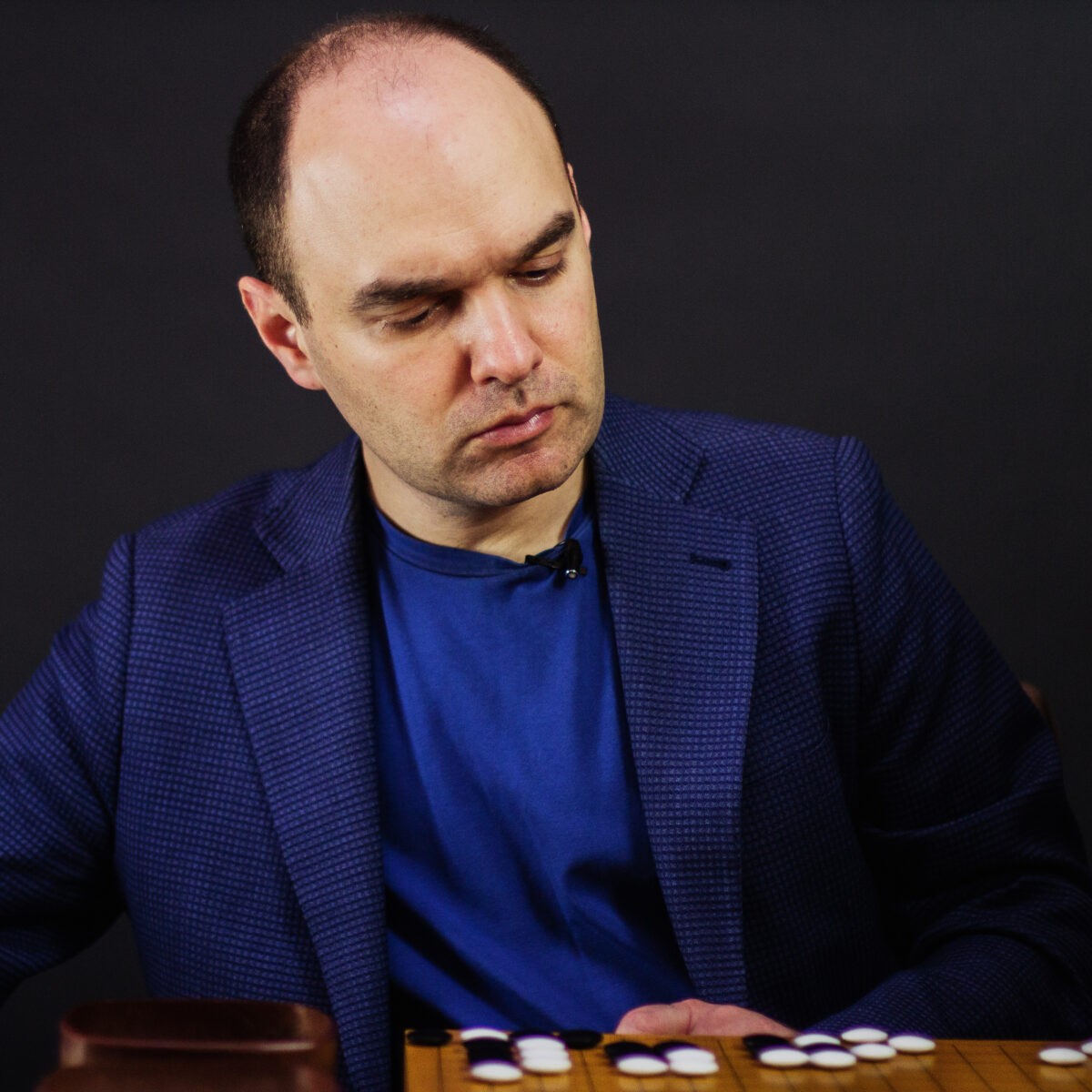
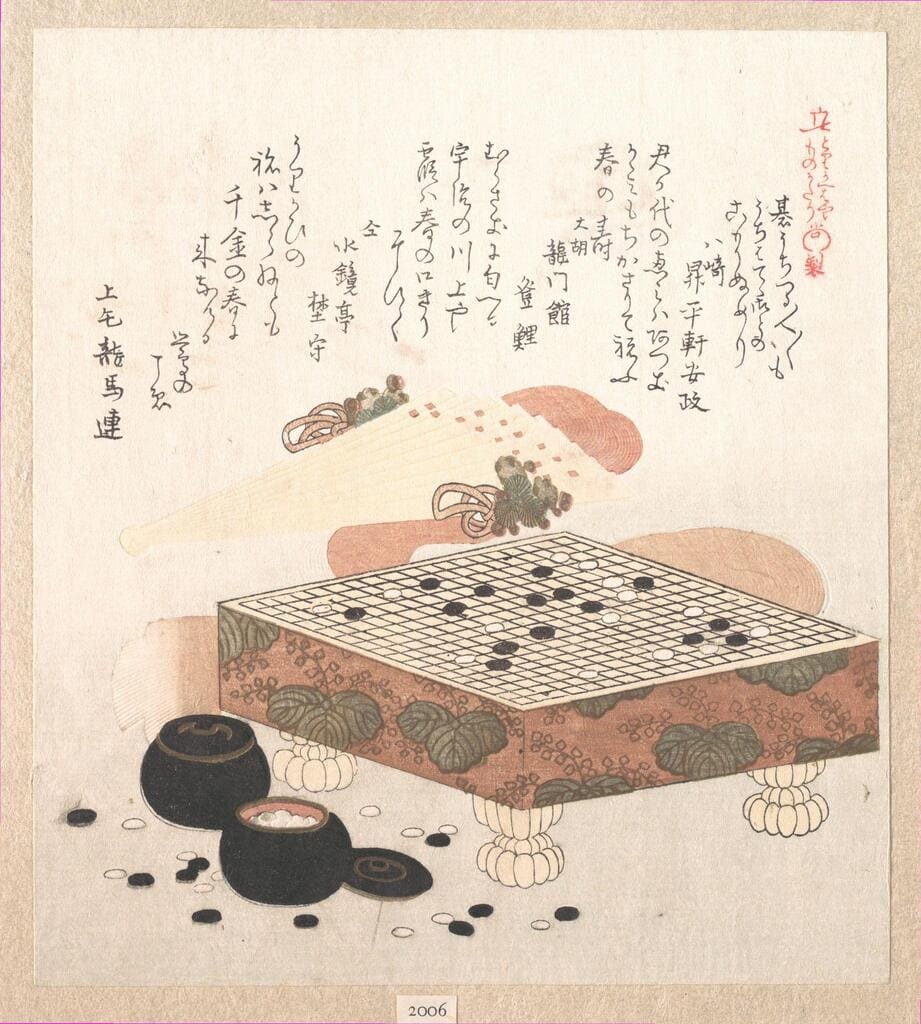
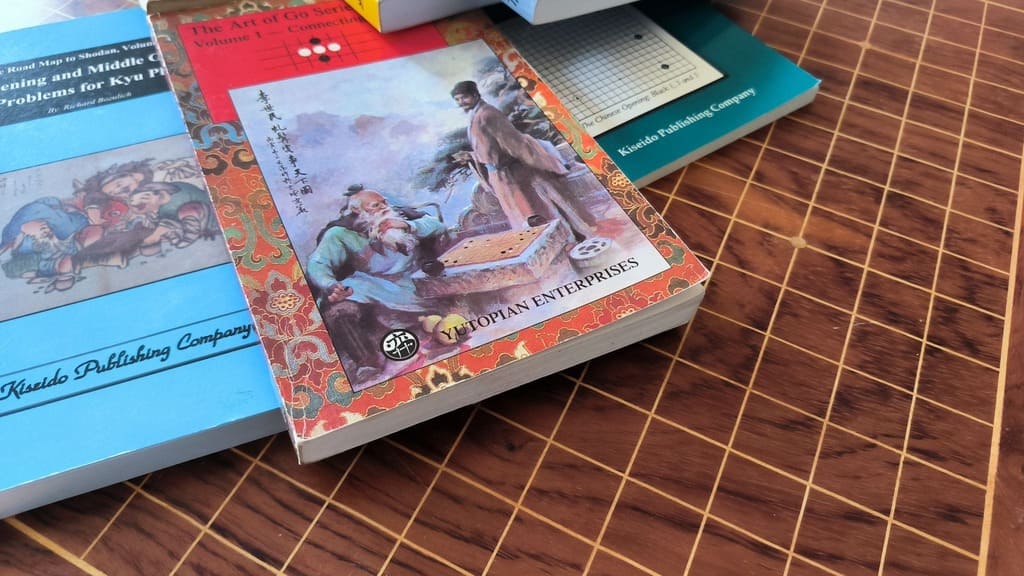
Very useful, thank you Mr. Dinerstein
These recomendations are probably for professional players. Amateurs will still play online more often and try to solve problems that are well above their current level. But the recommendation to choose one professional player and follow through history of his games is very interesting. It seems to me that I already do this, trying to see Cho Chikun’s games everywhere.
I like Alexander Dinerstein and I’m glad that I already follow some of his advice!
Am currently silver and finding instructions, tutorials and information useful in improving my skill at go.
Bingo. I think i took all of them XD